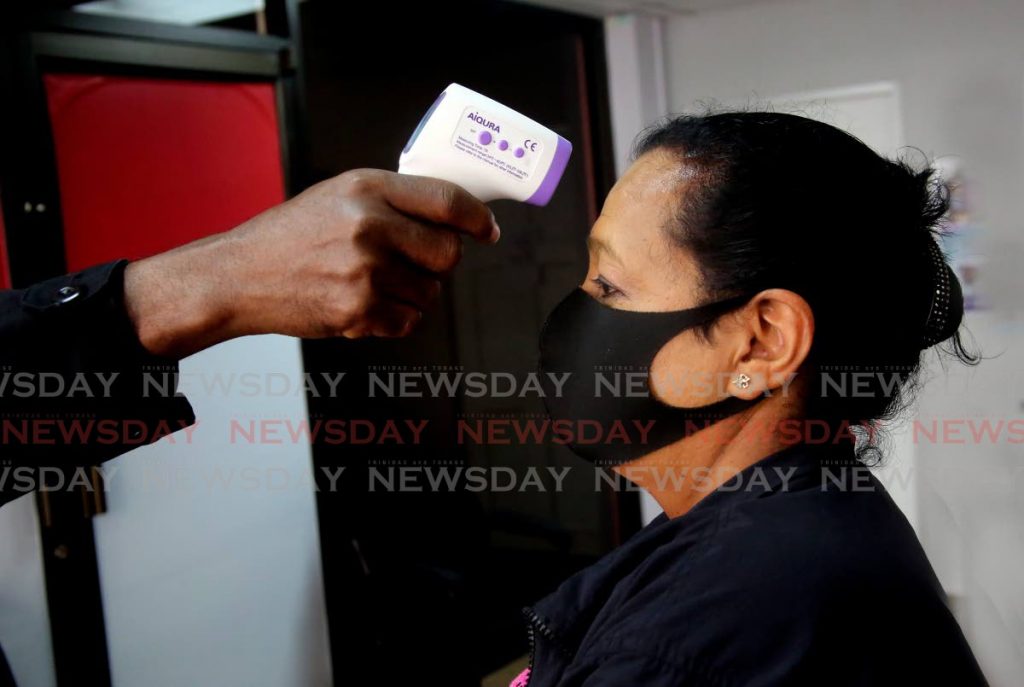At war with covid19 in the workplace

Although we are in a state of emergency, there is nonetheless a very long list of essential service providers who are allowed to carry on with operations and whose workers cannot work remotely.
The challenge for such businesses is getting the balance right between ensuring safety and the need to soldier on.
Businesses are already struggling because of the devastating impact of the pandemic on the economy. That some are allowed to operate still is both a blessing and a curse.
We are living in what are, effectively, wartime conditions.
Some companies have not only implemented the basic standards required under the public health regulations, they have gone above and beyond the expected measures.
They have installed handwashing stations, temperature checks, increased santisation of communal areas. Some have arranged transport for employees, paid for testing at private medical facilities, adjusted rosters, and implemented regular deep cleaning of plants and premises. Lunchrooms have been closed, or only one employee allowed at a time. Screens have been installed. Companies have allowed many workers to work from home, where possible.
All of these measures have associated costs. In fact, it may prove more burdensome for some businesses to stay open in the current circumstances.
Nor do these measures and requirements guarantee workers will not get sick. At least two companies have recently reported having employees who have died from covid19, resulting in closures and testing of all employees.
But not properly implementing protocols is almost sure to result in a price too heavy to pay for employers, for employees, for their families and for the community at large.
A key reason for the current spike in covid19 cases was the state's reluctance to shut down business completely.
In facilitating a state of emergency in which many essential services are allowed to proceed as normal, the Government has sought to balance the need for strong action with the need to be compassionate to the private sector and cushion the impact on the economy.
However, it is clear that the state has the option of implementing even stricter restrictions, possibly closing all businesses entirely.
Companies and employees have a key role to play in the overall pandemic response. Businesses that remain open have a particular duty to be vigilant, given the risk that workers may not only get infected at work but also transmit the virus back to their communities.
It is essential for businesses not only to provide for employees but also to take the lead in building a culture of compliance that moves from the workplace to the home.
There has been a lot of talk about public-private collaboration during this pandemic, particularly as it relates to the procurement of vaccines. But the question of workplace practices – standardisation, regulation and quality controls – is also an important area where there is a lot of room for deeper co-operation.
If cases continue to spiral or if implementation of workplace protections is lax, companies will have little choice but to prepare for the worst: complete closure.

Comments
"At war with covid19 in the workplace"